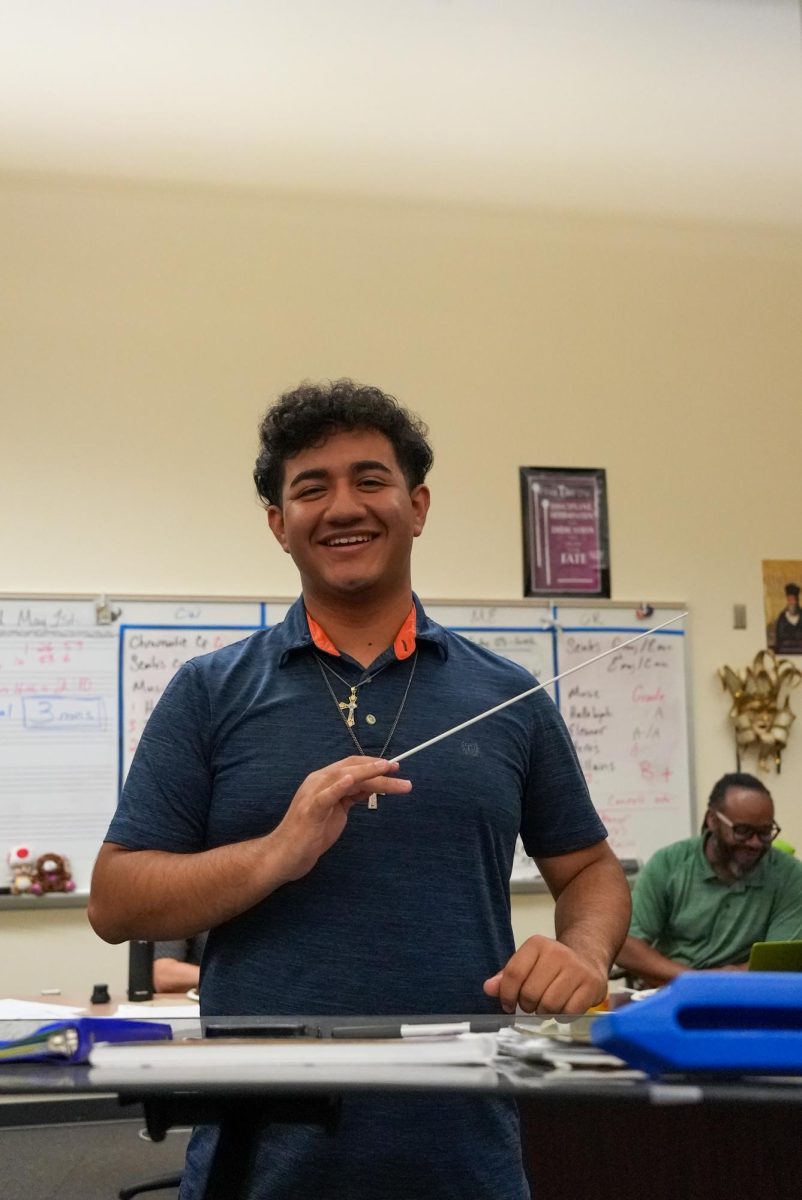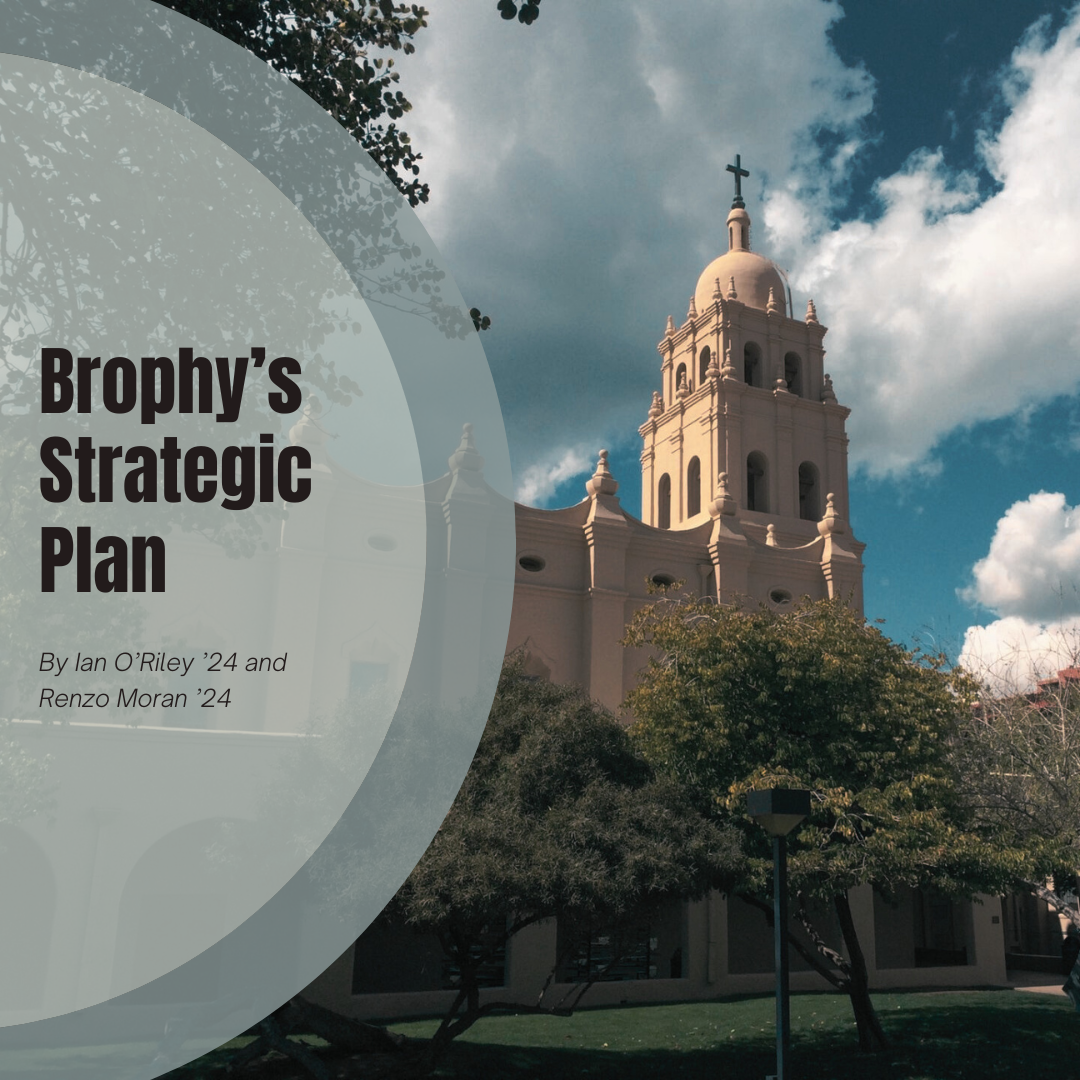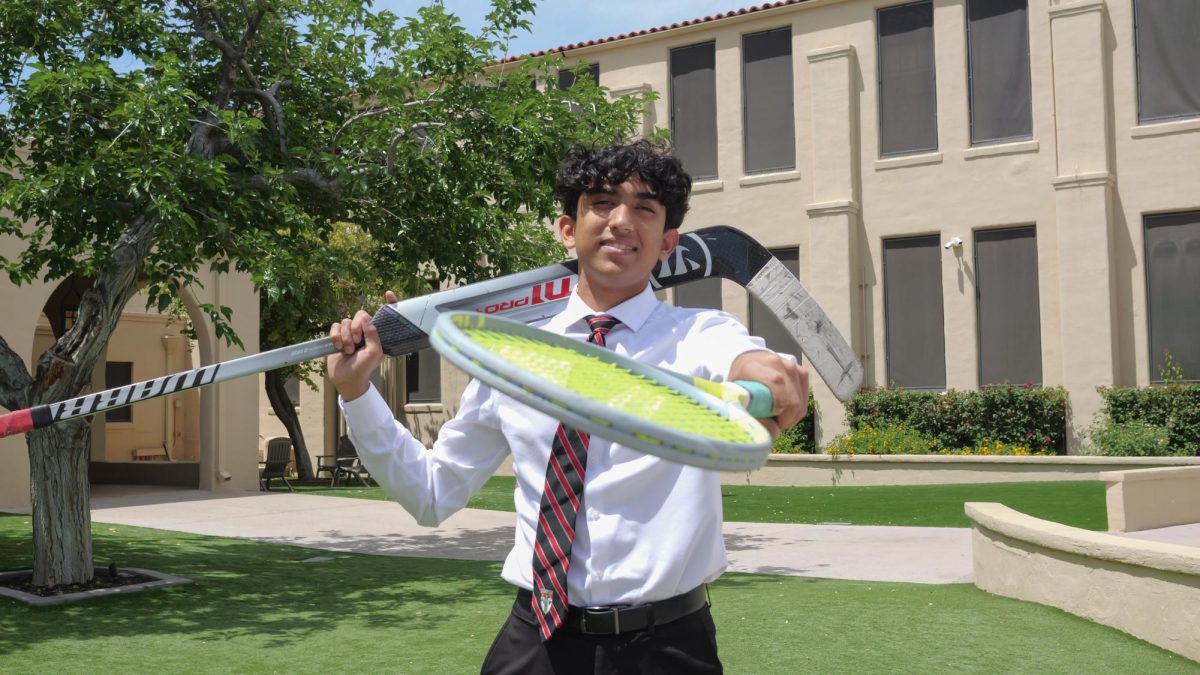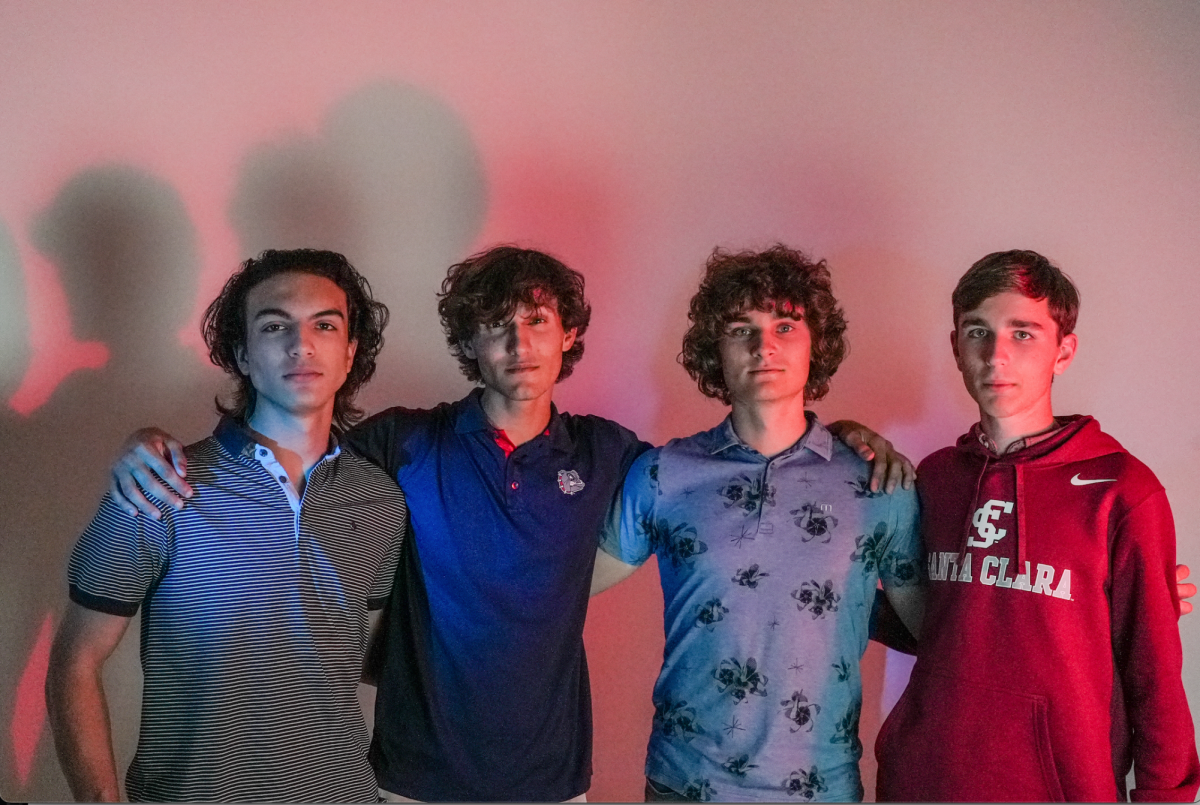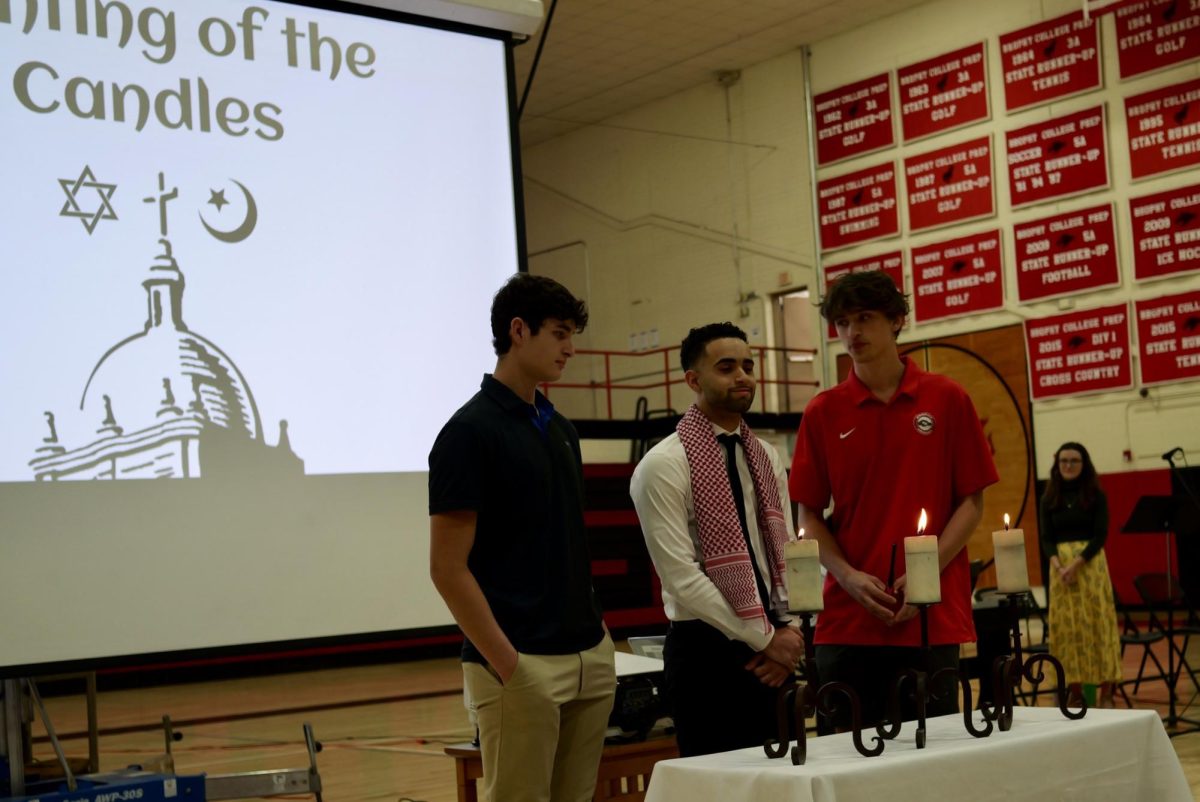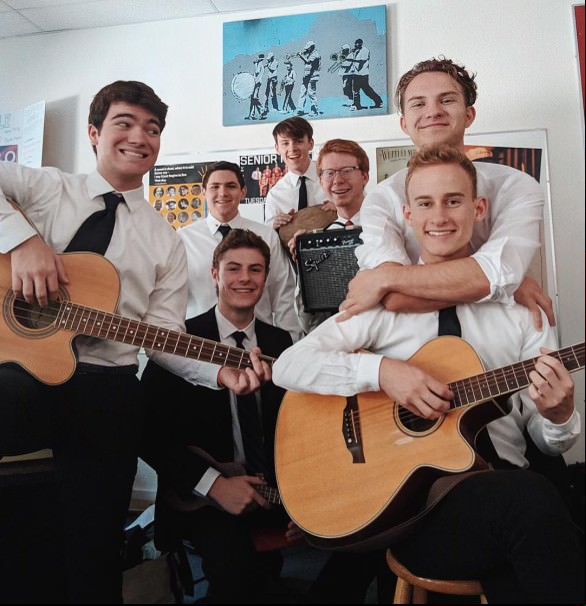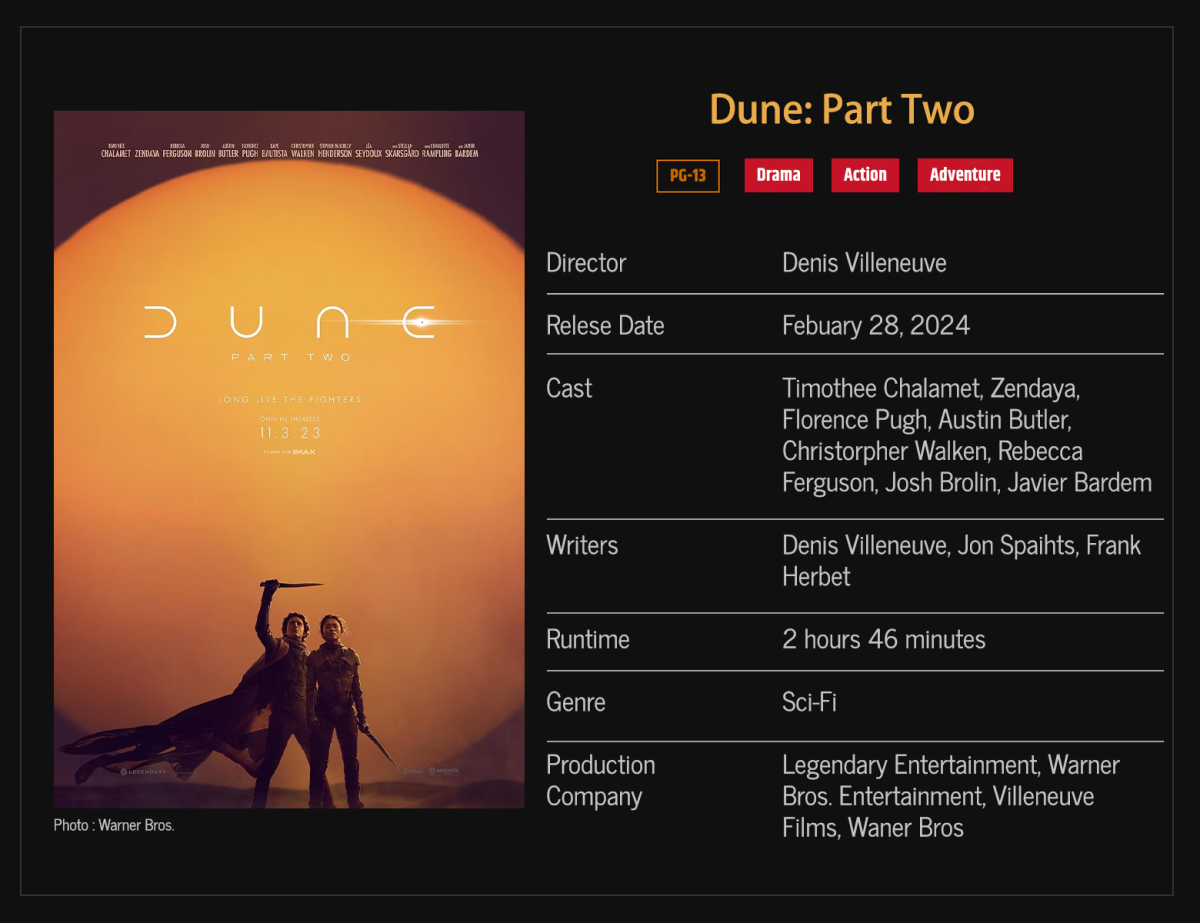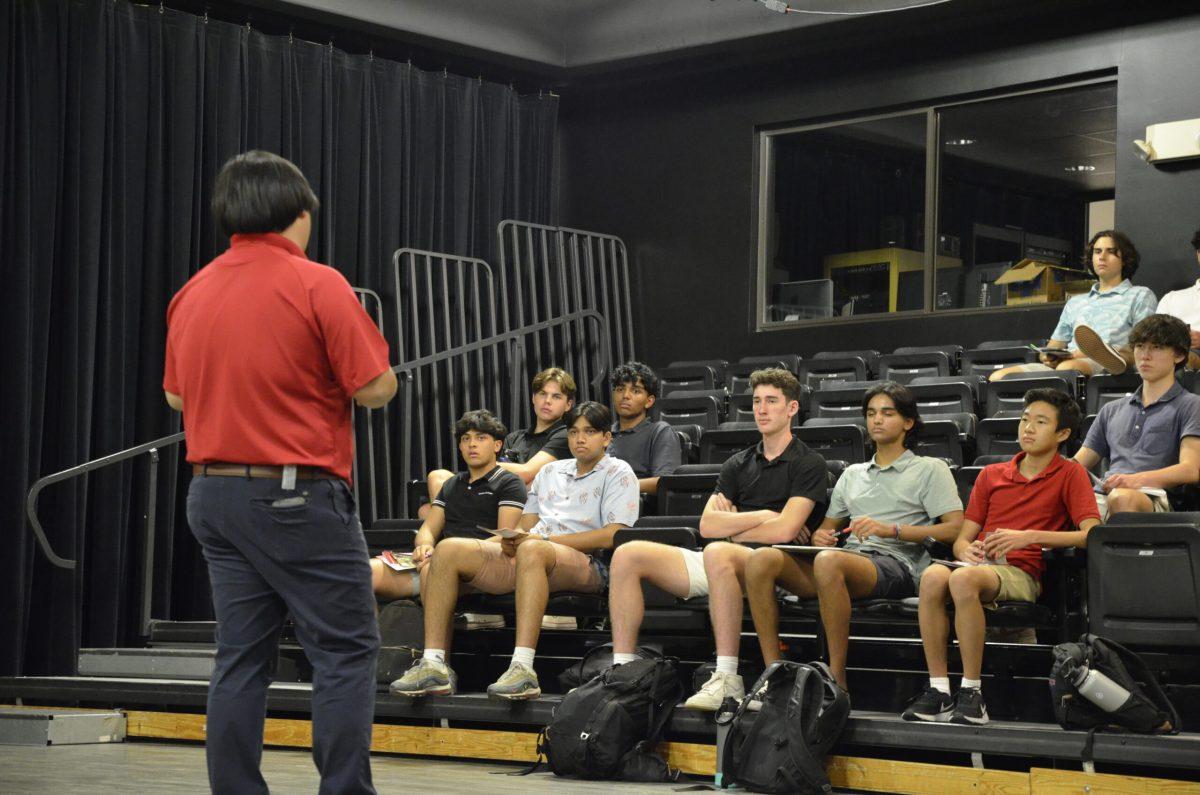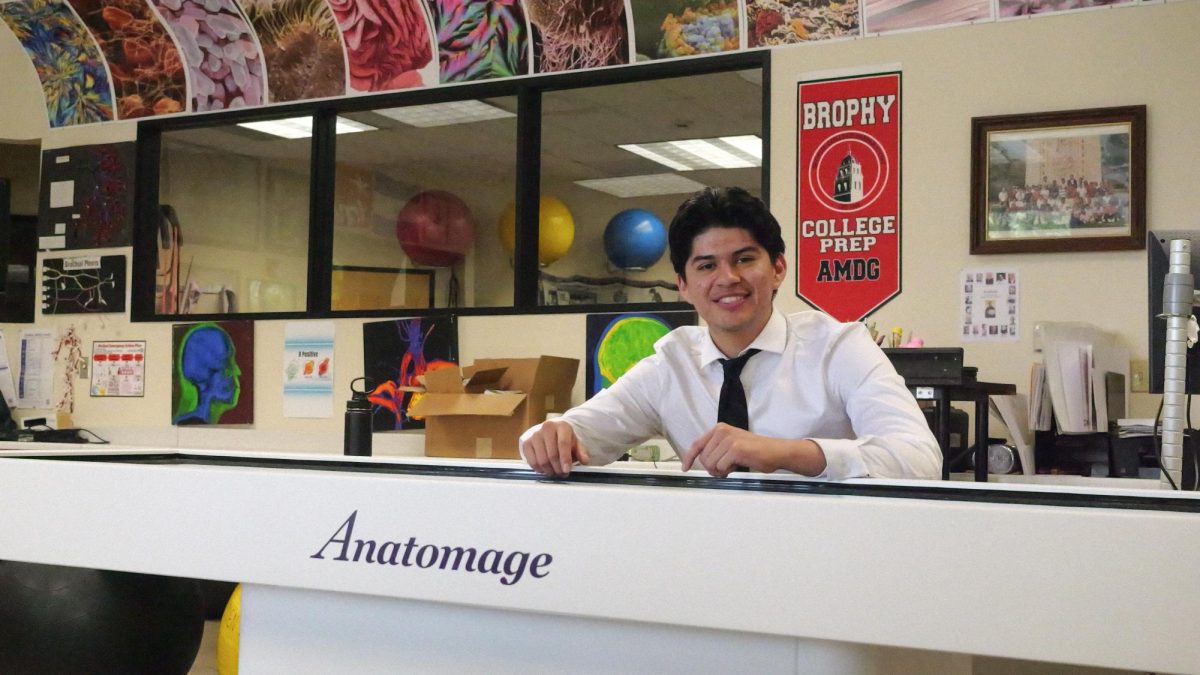Photo by Jackson Stack ’25
By Alex Gross ’24
THE ROUNDUP
New developments such as the recent Supreme Court ruling on affirmative action and the impact of artificial intelligence have forced schools to implement a holistic review process, changing the guidelines by which prospective students are admitted.
College remains a daunting reality on the minds of all high school seniors, an exciting time that entails an arduous process of convincing prestigious schools why you deserve to attend their institution.
Although this procedure has changed drastically since the pre-digital era, perhaps no changes have been as large as those experienced in the past few years. “I think the major change in terms of the national picture was the introduction of the Common App,” said college counselor and former University of Notre Dame admissions counselor Mr. Gil Martinez.
The Common App not only enlarged the applicant pools for select schools, making admissions much more competitive at a college level, but it also affected the high school environment. Students worrying about loading their schedules with AP classes led to grade inflation, making it difficult for admissions officers to determine who the superior students really were.
This phenomenon created the most defining aspect of modern college admissions: holistic review.
“It’s made the college move towards wanting to know ‘Who we’re bringing in?’ emphasizing this holistic process, hoping to identify students with personalities or character traits that were appealing to different schools,” Mr. Martinez said.
Students could no longer excel only in the classroom, but rather they had to represent themselves through extracurriculars, essays, and letters of recommendation.
This process manifested its relevance throughout the COVID-19 pandemic, when it became especially difficult for schools to determine the strength of an applicant through GPA and test scores. But as with many aspects of life since the lockdown, remnants of the COVID-19 era still remain in place throughout the admissions process today.
“I think one of the positive changes was that COVID forced colleges to go to a test-optional mode. Subsequent to that, students can use their tests strategically. It reduced the importance of the standardized test score,” Mr. Martinez said. A test-optional, where students have the option to submit scores for review, or test-free, where students’ scores are not reviewed regardless of submission, mandate only emphasizes the holistic process, forcing the other aspects of a student’s application to carry the weight.
The holistic application is essentially a student’s presentation of themselves to universities. “It’s like a picture, it’s like a puzzle, which consists of the transcript, test scores, GPA, extracurricular activities, essays, and recommendation letters. The admission decision is ultimately based on how that puzzle picture compares with everyone else that’s applying in that particular school’s applicant pool,” Mr. Martinez said.
But 2023 has made the puzzle a bit more complicated for applicants to complete.
In June, the Supreme Court ruled in SFFA v. Harvard and SFFA v. UNC that affirmative action policies had no place in college admissions, pushing a race-blind application.
“Ultimately that ruling doesn’t allow universities to include that check box that says ‘I’m white, black, whatever.’ What’s really going on is they’re trying to remove any measure of their diversity populations,” Mr. Martinez said.
Controversy across all of American academia ensued, noting this decision’s intention to remove decades of progress towards eventually achieving equality.
“What nobody says about affirmative action is that you know who benefits the most from it? White men – whether it be through legacy admissions or through athletics,” Mr. Martinez said. “Schools typically have up to 20 varsity programs, most of those athletes are brought in affirmatively, and they’re mostly white. Legacies are typically mostly white.”
“This whole affirmative action thing is part of a bigger picture, of the forces that are basically trying to, for whatever reason, break down the progress that has been made for making the universities more inclusive. It’s this desire to return to the ‘good old days’ when universities were all white and all men,” Mr. Martinez said.
While applicants can no longer check the box of their ethnicity on an application, they can still further discuss how their race played a role in the development of their identity. In fact, many schools have supported this, such as the University of Maryland, whose admissions official Shannon Gundy noted, “we are going to have to educate students about how to write about who they are in a very different way than they do now.”
But as the writing aspect of applications has grown in importance, the introduction of generative A.I. has also raised some questions as to its future in the admissions process.
It’s too soon to note any direct repercussions of A.I. in the current admissions process, and some argue that its effects may be minimal after all.
“Candidly, having worked in admission for 17 years total, they can’t be any worse than most essays we read. 80 to 90% of the essays are only OK,” said Mr. Martinez. “Admissions counselors can see trends in when things are being copied, and I’m not just talking about words, I’m talking about ideas.”
College admissions remains an extremely volatile institution, forcing applicants to continually adapt to changes that often don’t even have the time to solidify themselves in the academic landscape before being replaced by the next new development.


